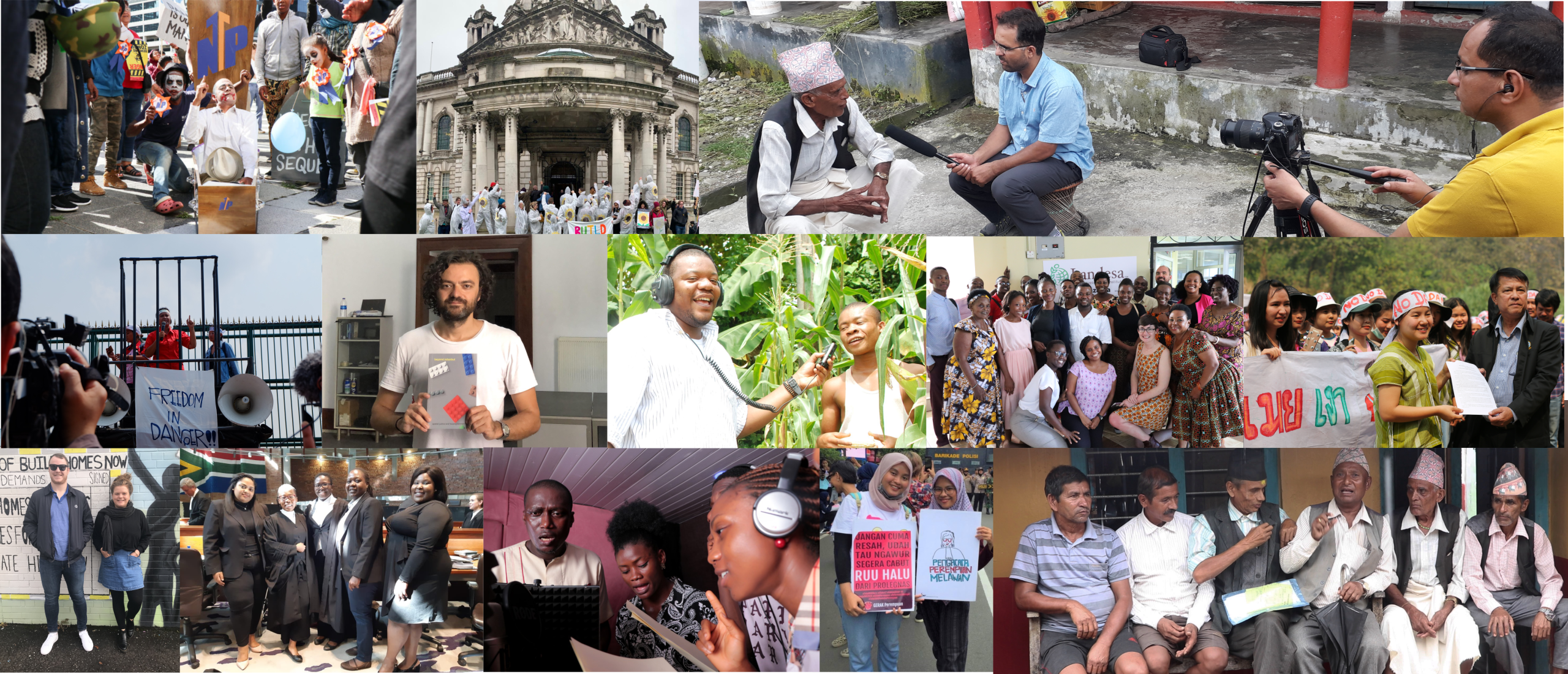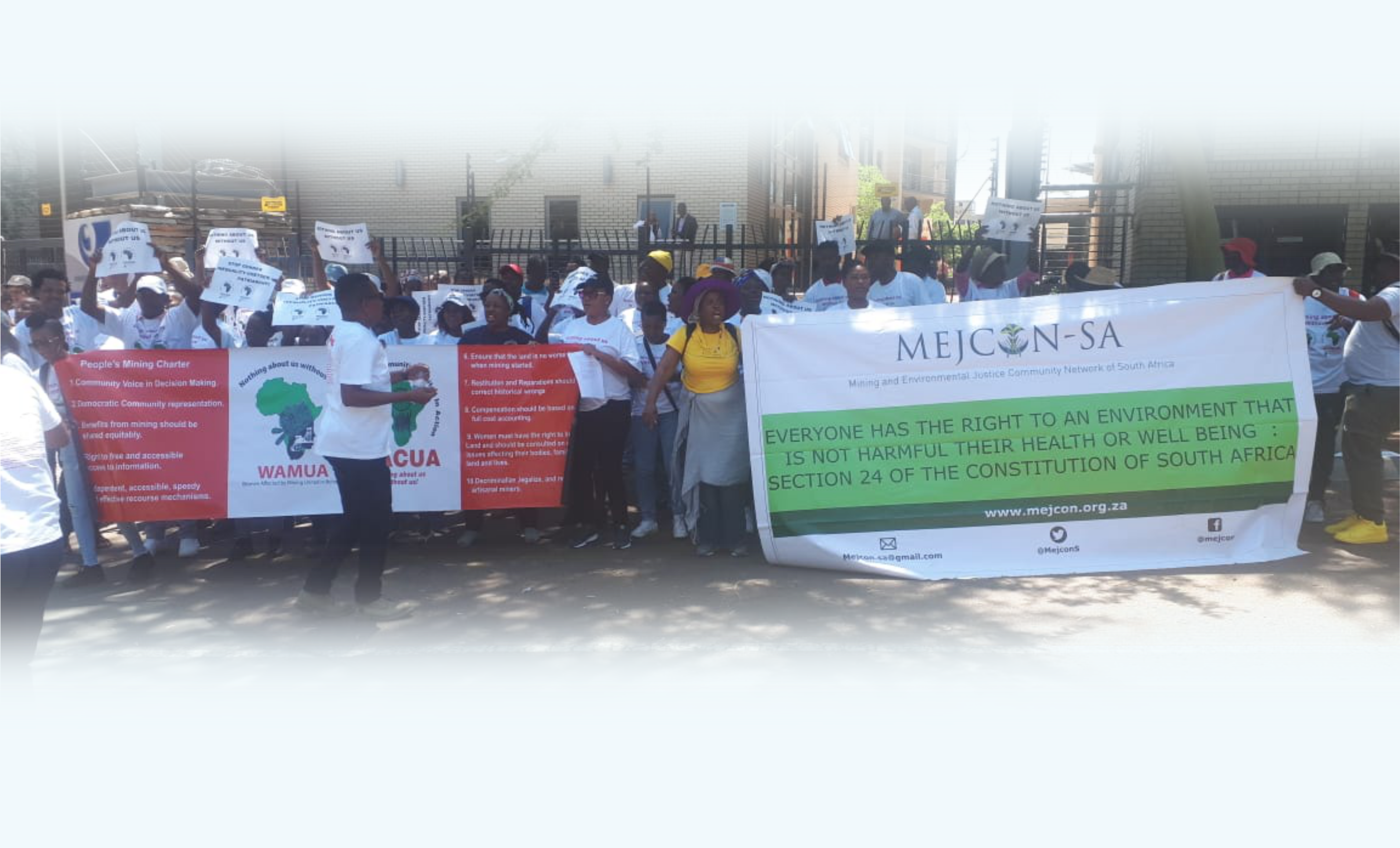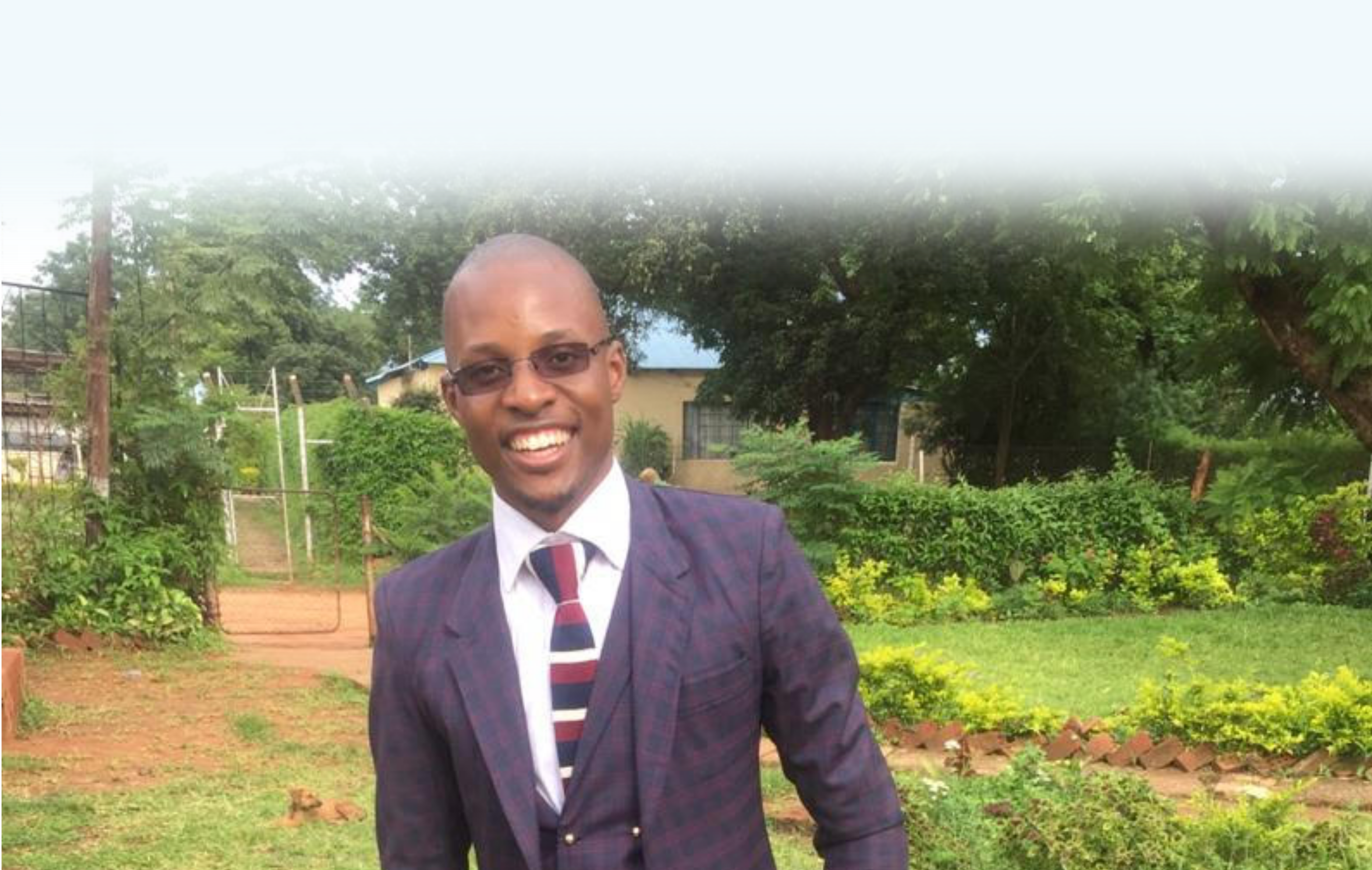Anesu Dera
South Africa

Anesu Dera applied his learnings from gender analysis and professional development training to a case that sought to ensure all voices of mine-affected communities are heard.
The Centre for Applied Legal Studies (CALS) has a distinct way of working as a social justice organization: it applies a broad assessment of power and privilege that uses gender analysis while addressing other historic grounds for discrimination such as race, sexual orientation, gender identity and disability. Bertha Justice Fellow Anesu Dera and his colleagues at CALS put this approach into action, ensuring a gender lens is applied across the board at CALS’s weekly walk-in law clinic, in its community engagement policy and in the selection criteria when bringing cases to trial, which has an explicit goal to brief women advocates. Alongside this, as with all Bertha Justice Fellows at CALS, Anesu undertook a rotation in the organization’s standalone gender program. His experience there was fortified by CALS’s professional development program – in addition to offering standard legal training, the Reflection Seminars held by CALS in 2019 to 2020, which aim to increase critical thinking, included a focus on women in extractive industries.
Through his work and training with CALS, Anesu has cultivated multiple methods to apply a gender analysis to casework. In early 2020, Anesu worked with senior CALS staff on a case brought forward by a miner’s trade union against the government and the mining industry body, with representation from the Mining Affected Communities United in Action (MACUA). Included within MACUA is Women Affected by Mining United in Action – the official organizing body with the purpose of advancing the rights and interests of women in mining-affected communities across South Africa. This case sought to ensure that mine-affected communities across the country were included in the development of health and safety regulations that addressed the Covid-19 pandemic. Previously, the issue had been treated as an employer-employee negotiation, and if communities weren’t incorporated into the discussion, it would mean thousands of women affected would be excluded and overlooked.

“A gendered analysis is very important because if we approach litigation rigidly, vulnerable groups are left out as if they are not directly affected. Mine workers are predominantly male, yet it is women who suffer the most from the hazards that are associated with mining. For example, if a water source is contaminated as a result of a mining activity in a particular community, studies have shown that it is women walking long distances to fetch clean water for their families. For this case we were applying a gender analysis so that all gender identities will have an opportunity to put across issues that affect them when the government is making policies and legislation.”
Anesu Dera,. CALS
In collaboration with MACUA, Anesu has played a seminal role in facilitating training and workshops for the mine-affected communities. Between July and September 2019, he and the CALS team held community workshops on the social audit process – which is used to hold mining companies accountable – and on the technical, social and legal obligations of mine companies, ensuring both men and women participated. This has strengthened the relationships required to work swiftly with MACUA for litigation. At the same time, Anesu has built the practical skills to be able to assist with gathering evidence against the clock, with mining operations poised to resume production.
As a result of this case and Anesu’s work with communities, the Minister of Mineral Resources and Energy was ordered by a judgment from the Labour Court of South Africa to engage meaningfully with relevant stakeholders – including community networks like MACUA – when drafting health and safety guidelines for operating mines during the Covid-19 pandemic. Due to the work of Anesu and the CALS team and their ongoing commitment to doing their work through a gendered lens, the judgment has explicitly stated that the rights of host communities and the rights of mineworkers to a safe work environment must be kept safe and are interlinked issues as a public health matter. Consultations continue, but now, affected communities – including thousands of women – have a seat at the table. Given the scale of the mining industry in South Africa, this has profound implications for the country.

CREDITS
Photo 1: MACUA-WAMUA protests for environmental protections and justice. Image: MACUA
Photo 2: Anesu Dera. Image courtesy of Anesu Dera
Author: Shveta Shah, Program Director, Bertha Justice Initiative
Editorial Consultant: Karen Frances Eng
This story was originally published in the Bertha Fellows book and some of the information in this story may have changed since it was first published.


 Built with Shorthand
Built with Shorthand